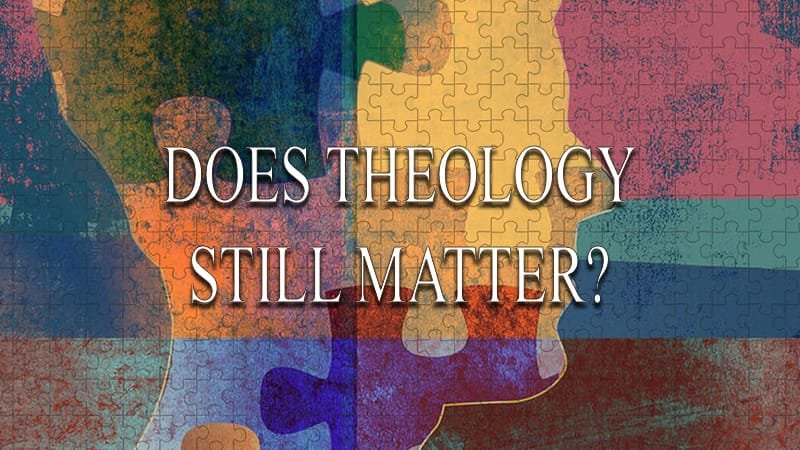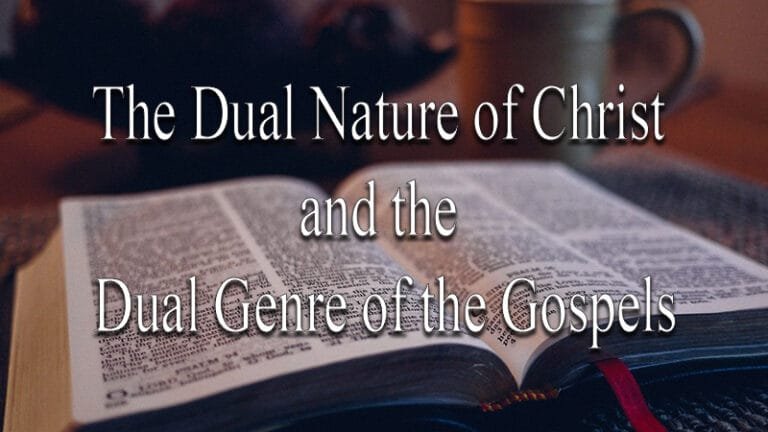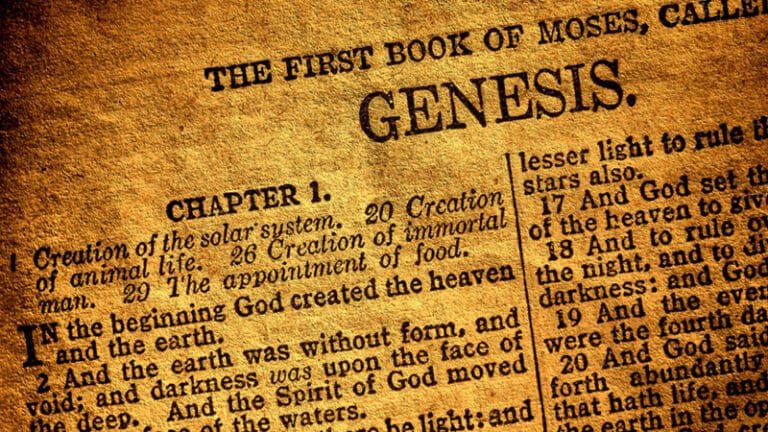Does Theology Still Matter?

Have you ever heard someone say “I don’t get into doctrinal disputes because doctrines divide?” After all, they might say, the hallmark of a true Christian is Christ-like love and holiness. And, because James 2:19 says that even demons have good doctrine, it appears that good doctrine isn’t the be-all, end-all of being a true Christian. So, why bother?
This attitude is becoming increasingly common in the post-Christian, postmodern world in which we in the West now find ourselves. This is especially true of our young people who are taught that “truth is relative” and that “you have your truth and I have mine.” Totalizing, universal concepts about nature and reality are rejected (unless, of course, they are backed up by “science”). But because Christian doctrines are derived from the Bible, and because the Bible is commonly thought to be an ancient and outdated book written in a pre-scientific culture, Christian theology is normally held to be irrelevant. In short, the attitude within the West —among the young people and the older generations as well — is increasingly that the historic Christian doctrines are little more than quaint matters of private opinion.
This attitude is opposed to the historic position of the church, which is that doctrines do matter. It is vitally important to say true things about God, for to believe falsehoods about God is to believe in a false god. Further, Jesus Himself affirmed the importance of true doctrine in John 8:24 when, in his disputation with the Jerusalem priests who opposed him, he declared that “unless you believe that I am He you will die in your sins.” Scholars agree that Jesus, in this passage, is claiming to be one and the same with “Yahweh,” the Hebrew name for God found in Exodus 3:14. In the Exodus passage, the God of Abraham, Issac, and Jacob decares Himself to be the “I Am” or, in other words, the self-existent and eternal God of the Abrahamic Covenant. Of course, the Jews found this to be a blasphemous statement and they tried to stone him for heresy (John 8:59). So yes, John 8:24 is a pointed indicator that Jesus is, in fact, truly God, and that one who denies that He is equal with the Father will die in his or her sins. Yes, doctrines do matter!
But, do all doctrines matter equally? Or, to put it another way, are all doctrinal errors fatal (as in the example above)? It seems hard to believe that this could be the case. But which doctrines are essential to salvation, which are not, and why? This will be the topic of future blogs. Stay in tune!






